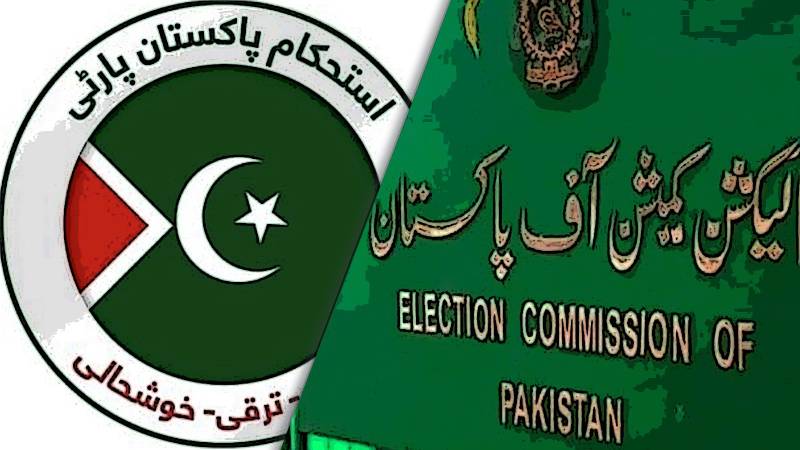
The Istehkam-i-Pakistan Party (IPP) has intensified its critique against the Election Commission of Pakistan (ECP), particularly targeting the Chief Election Commissioner for alleged bias and favoritism towards the Pakistan Muslim League-Nawaz (PML-N). Imran Ismail, a senior IPP leader and former governor of Sindh, labelled the ECP's role as "controversial" not only in Sindh but nationwide, asserting that it has lost credibility and impartiality.
In a media conference, Ismail went as far as to claim that the Chief Election Commissioner appears more like a political worker than a neutral civil servant, adding a layer of skepticism to the perceived independence of the electoral oversight body. The IPP's allegations underscore a growing sentiment among political parties regarding the alleged biases within the electoral process.
The IPP's decision to align itself with major political parties in criticizing the Election Commission adds complexity to an already charged political environment in Pakistan. This move also deviates from the traditional targeting of the Establishment, showcasing a nuanced dynamic within Pakistani politics. The upcoming general elections, initially scheduled for November and delayed by three months, have become a focal point of contention, with various parties scrutinizing the electoral process for signs of favouritism or unfair practices.
The allegations by the IPP carry implications for the political and judicial landscape in Pakistan. The convergence of voices against the Election Commission raises questions about the fairness of the upcoming elections and deepens the sense of mistrust in the electoral process. The suggested avenues for resolution include judicial intervention, with the Supreme Court potentially taking suo moto notice to address concerns and reinforce confidence in the electoral system. Alternatively, there is a call for the Election Commission itself to proactively address misperceptions, emphasizing transparency and a commitment to conducting free and fair elections.
The situation is further complicated by the involvement of high-profile figures such as Nawaz Sharif, the PML-N supremo. His return from London, where he had gone on interim bail but did not return for four years, challenges legal expectations and raises questions about the treatment of influential political figures. The subsequent exoneration of Nawaz Sharif by an accountability court in a case involving the ownership of a property in London adds fuel to the ongoing debates about accountability and the rule of law in Pakistan.
Nawaz Sharif's political maneuvers, including rallying in Balochistan, securing electables from other parties, and forming alliances with PPP rivals in Sindh, indicate a strategic shift in political dynamics. However, it also underscores the potential influence of high-profile figures in reshaping alliances and impacting the electoral landscape. The situation would have been different if the legal process had been followed diligently in treating a convict, in this case, Nawaz Sharif.
If the concerns and perceived biases within the electoral process remain unaddressed, there is a looming possibility of a unified opposition against the PML-N. Even without a united front, the election results are likely to face vehement challenges from aggrieved parties. The absence of corrective measures could lead to a chaotic post-election scenario, especially considering the severe economic downturn and public demands for tax relief, particularly on essential goods.
This tumultuous situation would unfold against the backdrop of stringent conditions imposed by the International Monetary Fund (IMF) for its relief package, adding complexity to the challenges faced by the government. Economic hardships, coupled with contested election results, could create a volatile environment where the dissatisfaction of inflation-battered population is exacerbated. This poses a serious threat to the integrity of the democratic process, particularly in a system dominated by dynastic parties.
The implications for democracy are profound, as the legitimacy of the electoral outcomes would be under intense scrutiny. The need for transparency, fairness, and adherence to democratic principles becomes paramount in averting a potential crisis. Institutions such as the Election Commission, the judiciary, and other stakeholders must proactively address concerns to ensure that the democratic fabric of the nation is preserved.
The delicate balance between economic reforms, political stability, and social equity is crucial in navigating these turbulent waters. As the spectre of contested elections and economic woes looms, Pakistan stands at a critical juncture where the resilience of its democratic institutions will be tested, and the response to these challenges will shape the trajectory of the nation's political landscape.

